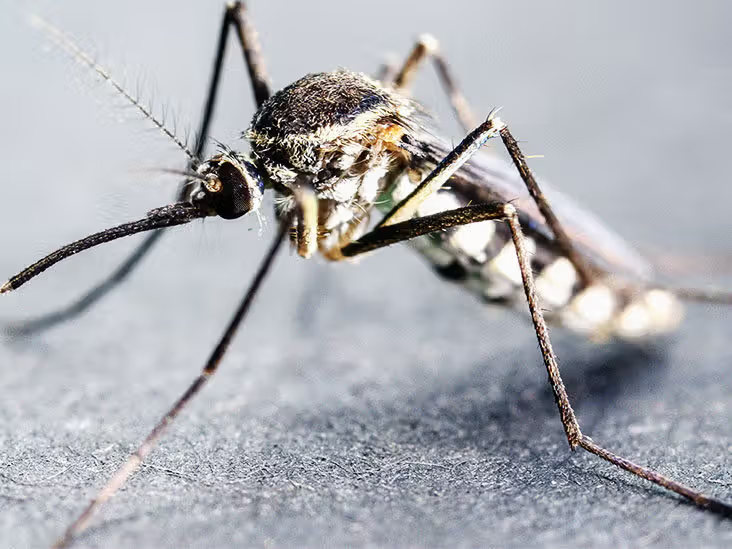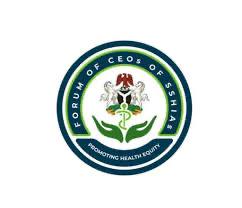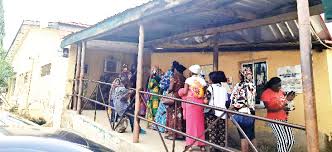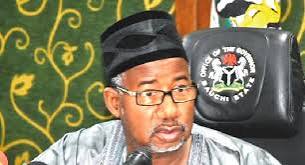1.4 Million Abuja Residents Affected by Malaria, Says FCT Health Secretary – The Federal Capital Territory (FCT) Mandate Secretary for Health Services and Environment, Adedolapo Fasawe, has revealed that Nigeria accounts for 27% of the global malaria burden, with 1.4 million residents of Abuja suffering from the disease, according to a World Health Organisation (WHO) survey.
Speaking on Tuesday in Abuja, during the launch of a malaria drug distribution and free test kit initiative, Fasawe emphasised that malaria remains a leading cause of death among children under five and pregnant women. The initiative, which is co-funded by the Islamic Development Bank in partnership with Farrmkris Healthcare Initiative, aims to provide free malaria treatment to FCT residents.
Malaria Prevalence and Prevention Efforts
Fasawe noted that the FCT’s population is between five and six million, with malaria prevalence at approximately 5%. She stressed that mosquitoes are the sole cause of malaria, and eliminating them would significantly reduce the disease’s impact.
“The FCT Minister, Nyesom Wike, has facilitated improved road networks, enhancing access to healthcare facilities, especially during emergencies. This ensures that interventions such as free malaria treatment reach those in need,” she stated.
The FCT Minister’s counterpart funding payment in 2024 enabled the territory’s participation in the programme this year. A 2024 survey also revealed that 60% of children in the FCT had confirmed malaria cases.
Fasawe further warned that all public health facilities in the FCT have been provided with free malaria kits and drugs, and any facility caught selling them would face sanctions.
Programme Duration and Healthcare Impact
The initiative is set to run for two years, with continuous drug procurement to ensure an uninterrupted supply of malaria treatment.
Acting Permanent Secretary of the Health Services and Environment Secretariat, Dr. Abubakar Ahmadi, highlighted that the programme would enhance healthcare access and reduce out-of-pocket medical expenses for residents. He urged healthcare practitioners to use the kits and medications responsibly.
Economic and Public Health Implications
Representing Famkris Healthcare Initiative, Dr. Maureen Ugochuku described malaria as Nigeria’s most urgent public health challenge, noting that beyond its health consequences, the disease places a significant financial burden on households and businesses, leading to lost productivity and increased healthcare costs.
With this initiative, the FCT government aims to mitigate the malaria crisis, improve access to treatment, and ultimately reduce the prevalence of the disease in the region.







